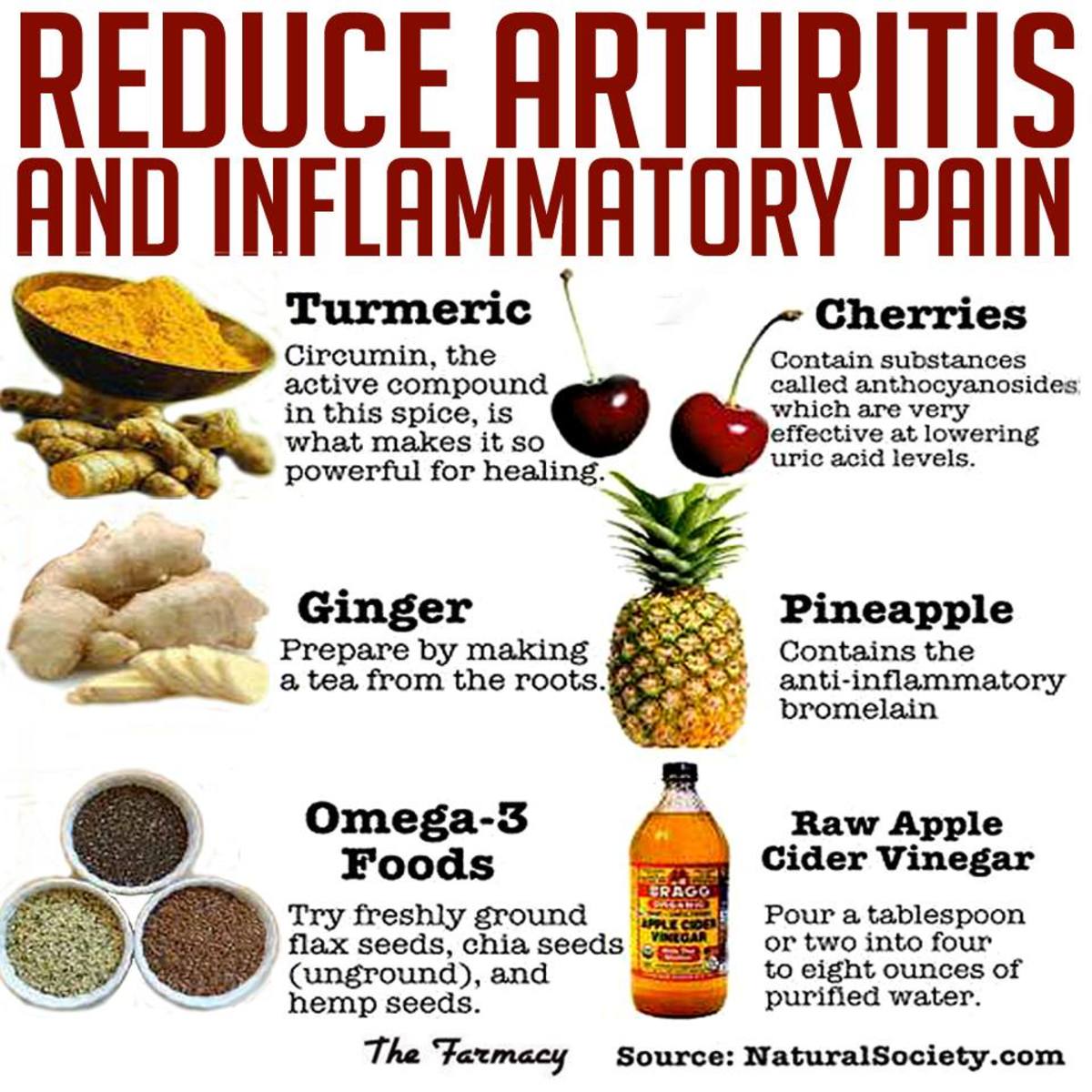Rheumatoid Arthritis Diet

What is Rheumatoid Arthritis?
Rheumatoid arthritis is a chronic autoimmune disorder that causes inflammation in the joints. The immune system mistakenly attacks the synovium, which is the lining of the joints, causing inflammation and damage to the cartilage and bones. This results in pain, stiffness, and swelling in the joints, making it difficult to move and perform daily activities.
Causes of Rheumatoid Arthritis
The exact cause of rheumatoid arthritis is unknown, but it is thought to be a combination of genetic and environmental factors. Women are more likely to develop rheumatoid arthritis than men, and the risk increases with age.
Symptoms of Rheumatoid Arthritis
The symptoms of rheumatoid arthritis can vary from person to person, but common symptoms include:
- Pain and stiffness in the joints
- Swelling and tenderness in the joints
- Fatigue and weakness
- Fever and weight loss
Rheumatoid Arthritis Diet
A healthy and balanced diet can help manage the symptoms of rheumatoid arthritis. Here are some dietary recommendations to follow:
Eat Anti-inflammatory Foods
Include foods that are high in antioxidants and omega-3 fatty acids. These foods can help reduce inflammation in the body. Some examples include:
- Fruits and vegetables
- Fatty fish like salmon and tuna
- Nuts and seeds
- Whole grains
Avoid Trigger Foods
Some foods can trigger inflammation in the body and worsen the symptoms of rheumatoid arthritis. It is best to avoid or limit the intake of these foods:
- Processed foods
- Sugar and sugary drinks
- Red meat
- Fried foods
Get Enough Vitamin D
Vitamin D is important for bone health and can help reduce the risk of developing rheumatoid arthritis. Get enough vitamin D by including these foods in your diet:
- Fatty fish like salmon
- Egg yolks
- Mushrooms
- Fortified foods like milk and cereal
Stay Hydrated
Drinking enough water can help reduce inflammation in the body and keep the joints lubricated. Aim for at least 8-10 glasses of water per day.
Benefits of Rheumatoid Arthritis Diet
The benefits of following a rheumatoid arthritis diet include:
- Reduced inflammation in the body
- Improved joint health and mobility
- Reduced pain and swelling in the joints
- Improved overall health and well-being
Drawbacks of Rheumatoid Arthritis Diet
There are no major drawbacks to following a rheumatoid arthritis diet. However, it is important to talk to your doctor before making any significant changes to your diet, especially if you have other health conditions or are taking medications.
FAQ
1. Can a rheumatoid arthritis diet cure the disease?
No, there is no cure for rheumatoid arthritis. However, following a healthy and balanced diet can help manage the symptoms and improve overall health.
2. Can certain foods trigger rheumatoid arthritis symptoms?
Yes, some foods can trigger inflammation in the body and worsen the symptoms of rheumatoid arthritis. It is best to avoid or limit the intake of these foods.
3. Is it safe to take supplements for rheumatoid arthritis?
It is best to talk to your doctor before taking any supplements for rheumatoid arthritis. Some supplements may interact with medications or worsen other health conditions.
4. Can exercise help manage rheumatoid arthritis symptoms?
Yes, exercise can help improve joint mobility and reduce inflammation in the body. However, it is important to talk to your doctor before starting an exercise program, especially if you have other health conditions.
Conclusion
A rheumatoid arthritis diet can help manage the symptoms of this chronic autoimmune disorder. It is important to follow a healthy and balanced diet that includes anti-inflammatory foods, limits trigger foods, and provides enough vitamin D and hydration. Talk to your doctor before making any significant changes to your diet or treatment plan.
